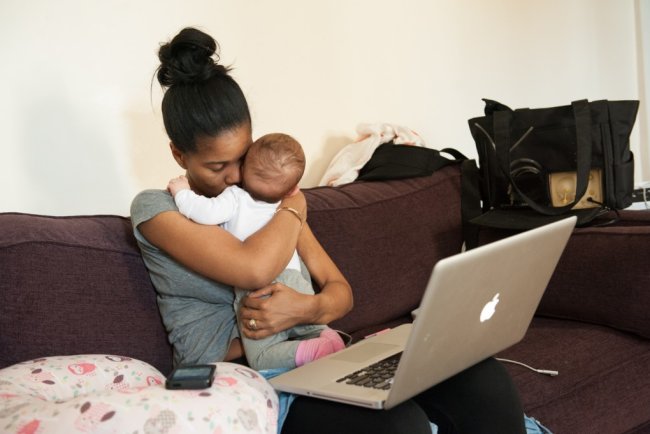Getting Your Baby to Sleep Through the Night: The Good, the Bad, and the Real Truth
If you’re a new parent, chances are you’ve Googled the phrase “when will my baby sleep through the night?” at least a dozen times between 2 a.m. feedings. It’s the holy grail of early parenthood, the milestone that promises rest, sanity, and maybe even a moment to drink your coffee while it’s still hot.

And yet, the reality is often messier than the parenting books or social media posts suggest. Some babies snooze blissfully for long stretches by six months, while others are still popping awake at midnight, 3 a.m., and 5 a.m. leaving their parents bleary-eyed and wondering if they’re doing something wrong.
Here’s the good news (and maybe the not-so-good news): according to research published in Pediatrics, it’s perfectly normal if your baby isn’t sleeping through the night at six months or even at a year.
What the Research Really Says
Canadian researchers studied nearly 400 infants at 6 months old and another group at 12 months. They defined “sleeping through the night” as six to eight hours without waking (not the mythical 12-hour stretch parents sometimes hope for).
The results? At six months:

38% of babies couldn’t make it six hours without waking.
57% of babies didn’t hit the eight-hour mark.
By twelve months, things improved but weren’t perfect:
28% still woke before six hours.
43% still couldn’t manage eight straight hours.
Translation: if your one-year-old is still waking at night, you’re far from alone.
Why Night Waking Isn’t a Problem
The study also uncovered something reassuring: night waking wasn’t linked to slower development or poor maternal well-being. Babies who woke frequently were just as strong in their language, motor, and cognitive skills as the so-called “good sleepers.”
In fact, many of the night-wakers were breastfed babies and that makes sense. Breast milk digests quickly, which means hunger cues show up sooner. While that may not thrill an exhausted parent at 3 a.m., it’s worth remembering that breastfeeding has proven health benefits for both babies and mothers. Sometimes, those midnight wake-ups are part of a bigger win.
To Sleep Train or Not to Sleep Train

For some families, the broken sleep is tolerable. For others, it’s unsustainable and that’s where sleep training enters the conversation. Techniques range from gentle soothing methods to more structured approaches that may involve letting your baby cry for a bit.
Studies show that sleep training, when done safely, doesn’t harm babies. But it’s also not for everyone because hearing your little one cry, even briefly, can be emotionally taxing. The takeaway? If the night wakings feel manageable, there’s no rush to change anything. With time, most babies naturally stretch out their sleep.
The Bigger Picture (And a Gentle Reminder)
Here’s the hard truth no one tells you when you’re stumbling around in the dark: the sleepless phase feels eternal, but it isn’t. One day, your baby will sleep through the night without you even noticing the exact moment it happened. And before long, you’ll find yourself staying up late again but this time, waiting for your teenager to come home from a night out.
When that day comes, you might just look back on those early, bleary-eyed wake-ups with unexpected tenderness. Because yes, it was exhausting but it was also fleeting, intimate, and a chapter of parenthood you only get once.
What's Your Reaction?




















